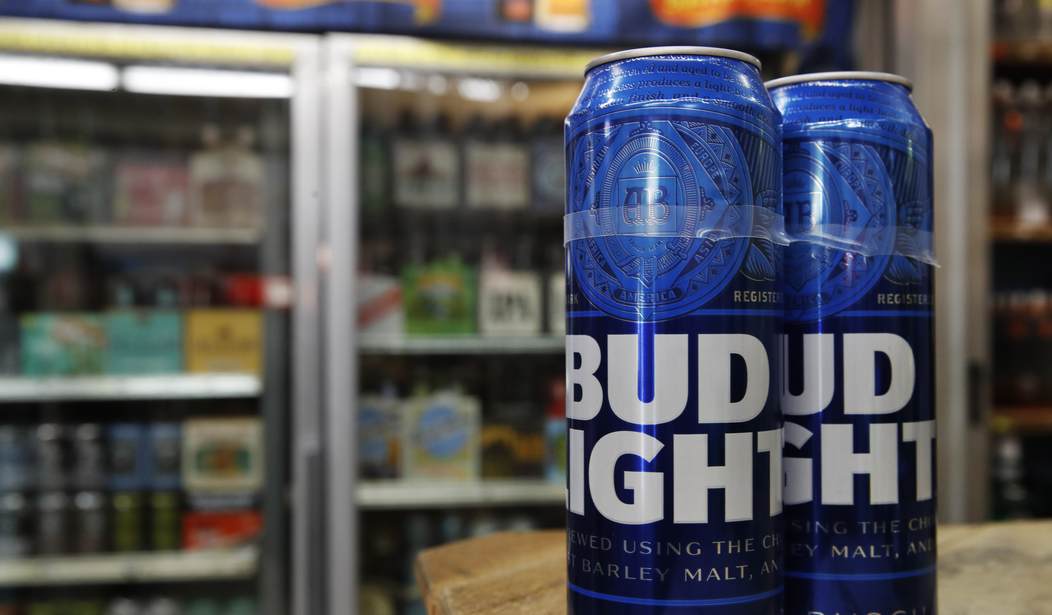In one month alone, we’ve seen two hugely successful boycotts of woke corporations. The first was Anheuser-Busch, after Bud Light’s ill-advised partnership with man-child Dylan Mulvaney, who has become a famous TikTok influencer solely for identifying as transgender, wearing dresses and makeup, and acting like a seven-year-old girl. Sales have declined nearly 30% since the boycott, and the company has lost billions in market value.
Now there’s Target, which went woke years ago, but is finally starting to feel the financial pain of a boycott after its launch of the “pride collection” at its stores, featuring clothes, merchandise, and books promoting transgender ideology to children. The company has lost roughly $9 billion in market value in a week as a result. And things are about to get worse.
After years of priding itself as an ally of the LGBTQ community, its recent effort to move its pride collection displays from the front of its retail stores in select markets has offended LGBTQ activists, putting the company at risk of another wave of backlash from the very community it was pandering to.
Related: Target Loses $9 Billion in Market Value After Boycott
“Target should put the products back on the shelves and ensure their Pride displays are visible on the floors, not pushed into the proverbial closet,” Human Rights Campaign President Kelley Robinson said in a statement. “That’s what the bullies want.”
Can you appreciate the irony of the Human Rights Campaign, which ranks corporations based on how LGBT-friendly they are, complaining about bullies?
“The uproar over Target’s Pride Month marketing — and its response to critics — is just the latest example of how companies are struggling to cater to different groups of customers at a time of extreme cultural divides, particularly around transgender rights,” notes the Washington Times.
And therein lies the problem. When a woke company panders to select groups by taking sides in divisive cultural issues, it will divide its customers. And walking it back won’t save you.
“Once they fold to the more extreme edges of the issue, then they’ve lost their footing,” explains Allen Adamson, the co-founder and managing partner of the marketing firm Metaforce. “If you can change a big brand just by knocking over a display, then they are on the defense, and you never win on the defense.”
Jake Bjorseth, who runs trndsttrs, an agency that helps brands market to Gen Z customers, agrees. “Pulling back is the worst thing that they could have done.”
Target’s capitulation isn’t nearly as significant as Bud Light’s, but it may have a similar effect. Anheuser-Busch lost its top-rated LGBTQ equality score from the Human Rights Campaign for backing down after the Dylan Mulvaney controversy. Had the partnership never occurred, it would still have its top rating, and the nearly 30% in sales and the $9 billion in market value it lost, and most people would have been none the wiser about their woke corporate policies. Frankly, people care less about corporate wokeism when it’s not shoved in their faces or targeting children.
There was once a time when businesses made a point to stay out of politics and just catered to the masses without having to make a statement. I miss those days.










